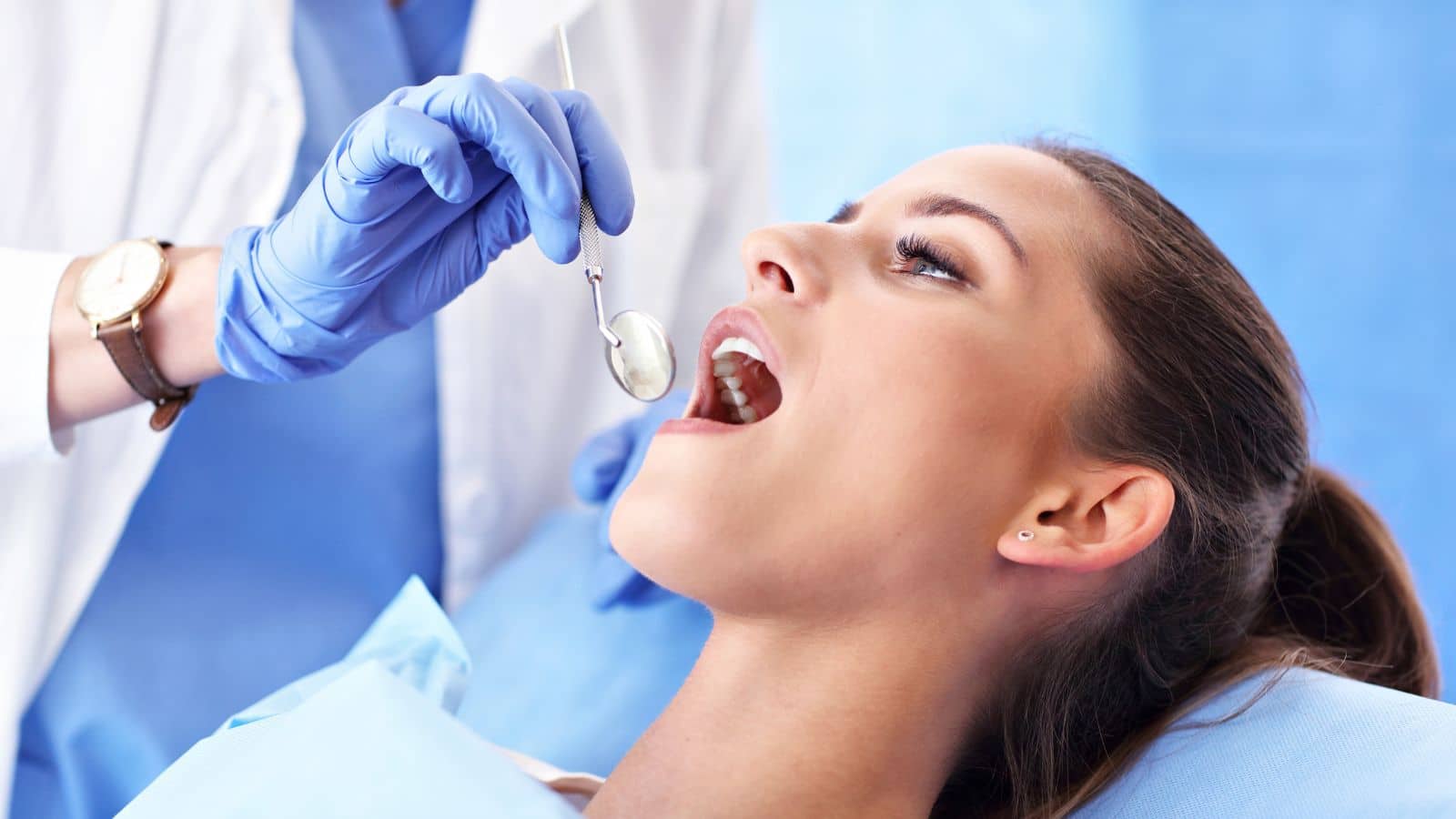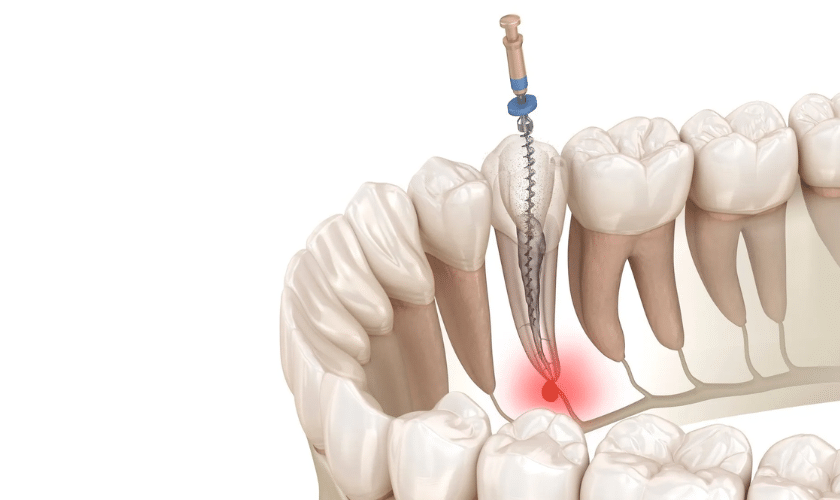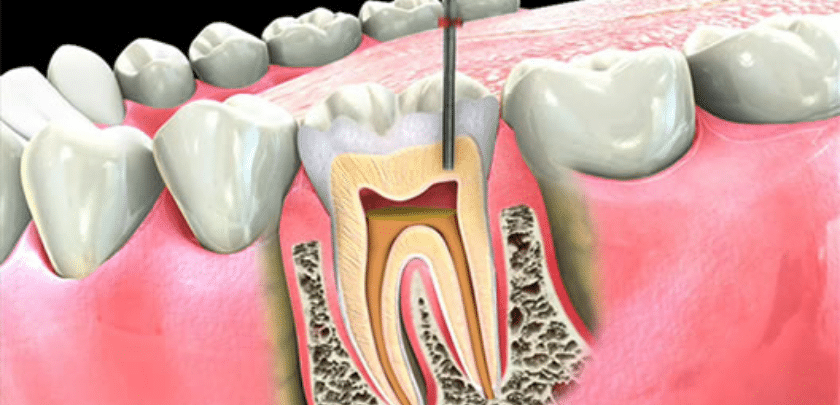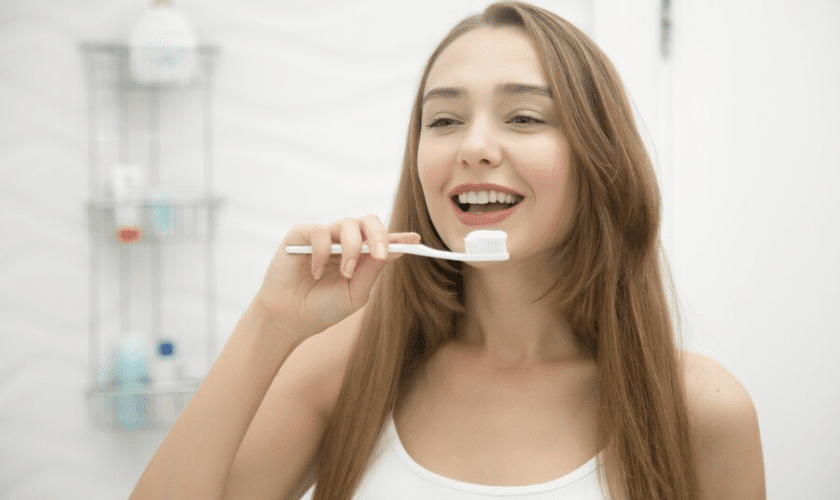
January 18, 2024
Welcome to the aftermath of a root canal treatment – a dental journey that often leaves patients with questions about their post-procedure oral care routine. As you embark on this exploration of dental hygiene, the burning question arises: Can you brush your teeth after a root canal? In this comprehensive guide, we will navigate through the dos and don’ts, shedding light on the intricacies of maintaining optimal oral health after undergoing this common dental procedure.
Understanding Root Canal Treatment
Often referred to as endodontic therapy, a root canal treatment becomes necessary when the pulp inside your tooth gets damaged or infected. This can happen due to deep cavities, repeated dental procedures, or injuries to the tooth. The main goal of a root canal is to salvage the tooth by removing the affected pulp.
The process begins with your dentist numbing the area to ensure you’re comfortable during the procedure. They then create a small opening in the tooth to access the pulp. Using tiny instruments, they carefully remove the damaged or infected pulp, clean out any debris, and disinfect the interior. It helps to make sure no harmful invaders are left behind.
Once the cleaning is done, the next step is sealing the tooth to prevent any future trouble. This involves filling the space where the pulp used to be with a material called gutta-percha and sealing off the access point.
Remember, the goal of a root canal is not just to fix a tooth; it’s to save a natural part of your smile and maintain overall oral health. Understanding this process sets the stage for comprehending why post-treatment care is vital for the success and longevity of your dental rescue mission.
The Initial Post-Root Canal Phase
Immediately after a root canal, your dentist will provide specific instructions for care. During the initial phase, it’s essential to allow the treated tooth to heal for some time. You might experience sensitivity, and your dentist may recommend avoiding certain activities, such as vigorous brushing, to prevent any complications.
Can You Brush Your Teeth After a Root Canal?
Yes, you can brush your teeth after a root canal, but it’s crucial to approach it with care, especially during the initial days of recovery. Here’s a breakdown of what you need to know:
- Choose the Right Toothbrush: Select a soft-bristled toothbrush to avoid irritation. The softer bristles are gentle on your teeth and won’t disturb the healing process.
- Gentle Brushing Technique: Use gentle, circular motions when brushing your teeth. This helps to clean your teeth effectively without applying excessive pressure, especially around the treated area.
- Avoid the Treated Area: Be cautious around the tooth that underwent the root canal. Try not to brush the treated area directly for the first few days to prevent any discomfort or disruption.
- Toothpaste Selection: Opt for a toothpaste with fluoride to strengthen your teeth. However, avoid toothpaste with harsh abrasives, as they may be too abrasive for the healing tooth.
- Rinsing with Care: After brushing, rinse your mouth gently with water. Avoid vigorous swishing, as this can also disturb the treated area. A mild saltwater rinse can be beneficial for soothing the mouth.
Tips for Brushing After a Root Canal
When it comes to brushing your teeth after a root canal, a few tips can make the process smoother and more effective. Let’s delve into some straightforward and practical advice:
- Gentle Circular Motions: Use gentle, circular motions while brushing. This technique effectively cleans your teeth without putting excessive pressure on the treated tooth.
- Timing Matters: Brush your teeth after meals, but wait a bit if you’ve just undergone the root canal. This allows the tooth to settle, minimizing any potential discomfort during brushing.
- Post-Treatment Sensitivity: It’s normal to experience some sensitivity after a root canal. If you do, be extra gentle when brushing and consider using toothpaste designed for sensitive teeth.
- Consistent Routine: Stick to a consistent brushing routine. Brush at least twice a day to maintain overall oral health. Consistency is key to preventing any potential issues post-root canal.
Additional Oral Care Practices
Ensuring optimal oral care after a root canal involves more than just brushing. Let’s explore additional practices to enhance your post-treatment dental hygiene:
Rinsing with Saltwater: Gargle with warm salt water multiple times a day, especially after meals. This simple yet effective practice helps soothe the treated area and promotes a clean environment for healing.
Avoiding Hard Foods:
- Opt for a soft diet during the initial days.
- Avoid crunchy or hard foods that may put stress on the treated tooth.
- Choose easily chewable options to prevent discomfort.
Sensitivity Toothpaste: Consider using toothpaste formulated for sensitive teeth. These toothpaste varieties help alleviate any post-treatment sensitivity, providing relief during your oral care routine.
Limiting Sugar Intake: Minimize the consumption of sugary foods and beverages. Sugars can contribute to bacterial growth, and limiting their intake supports a healthier oral environment during the recovery period.
Navigating the post-root canal phase requires a delicate balance between maintaining oral hygiene and allowing the treated tooth to heal. The question of whether you can brush your teeth after a root canal underscores the importance of a tailored approach to dental care during recovery. So, it’s important to follow the guidelines provided by your dentist. As a result, it can contribute to the success of your root canal treatment, and you can enjoy a healthy, pain-free smile. Remember, your dentist is your ally in this journey, so don’t hesitate to seek their guidance for personalized advice based on your unique situation.
Experience gentle and effective root canal therapy in Geneva at Randall Pointe Dental. Visit our dental office in for a radiant, confident smile that shines with personalized care.
